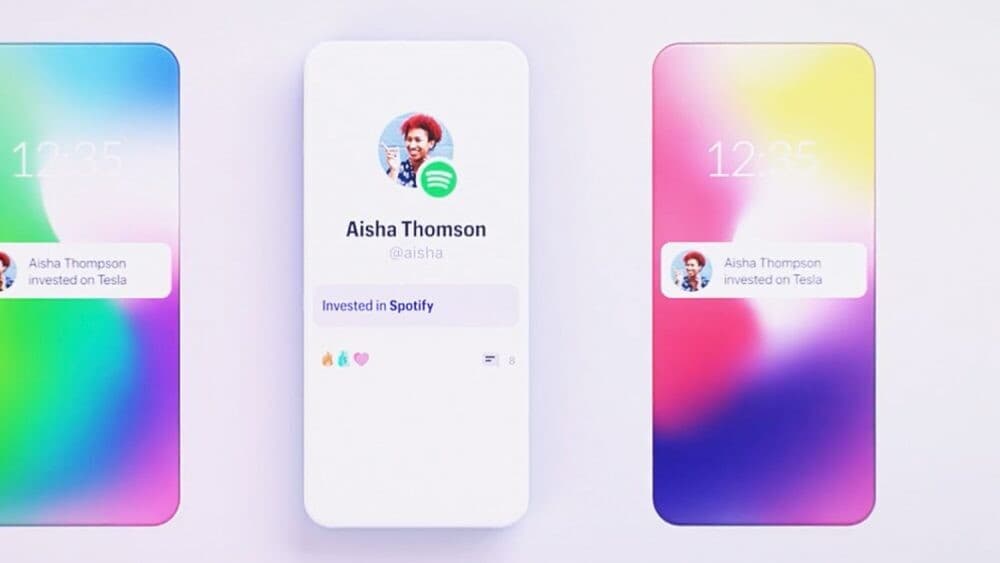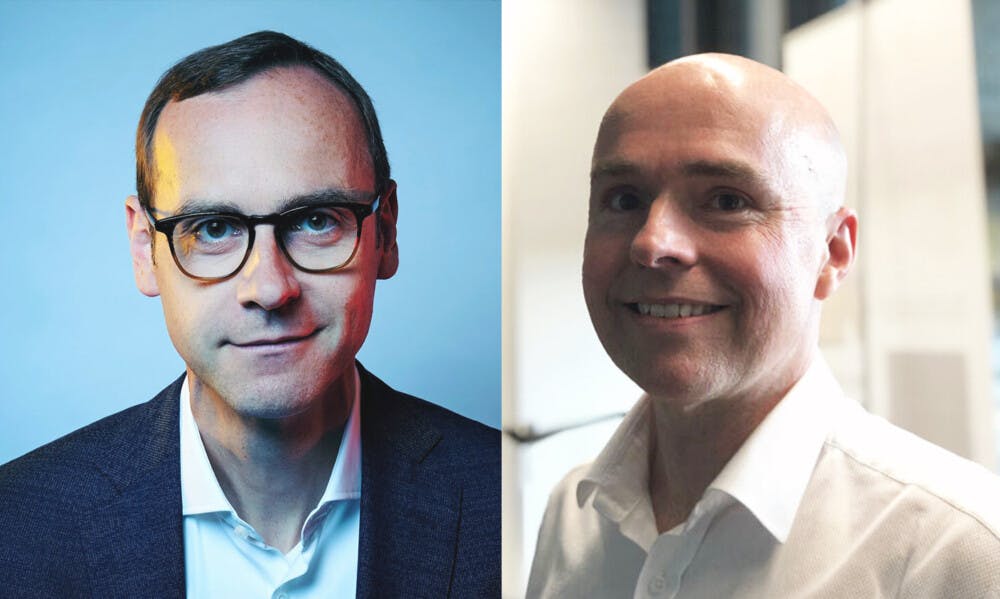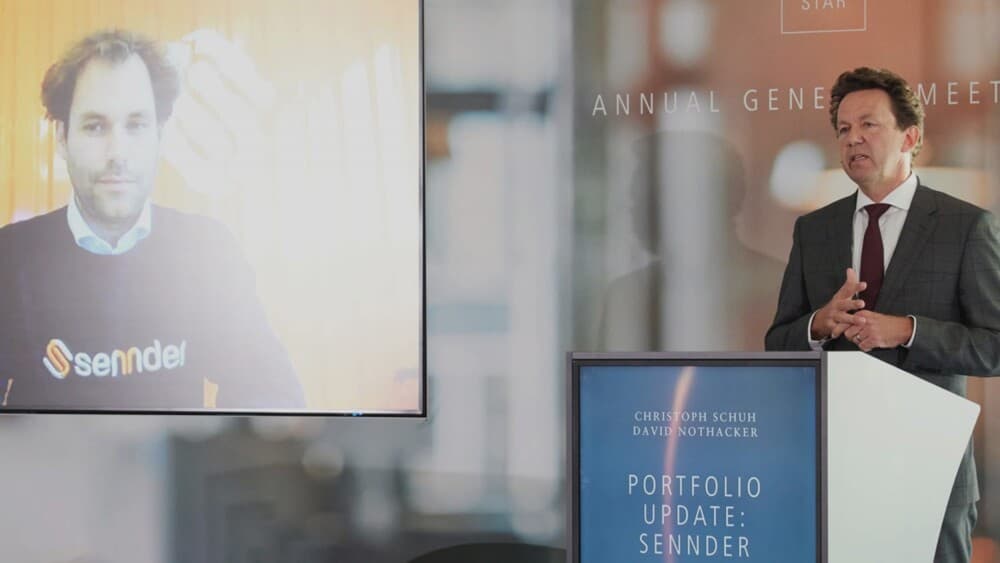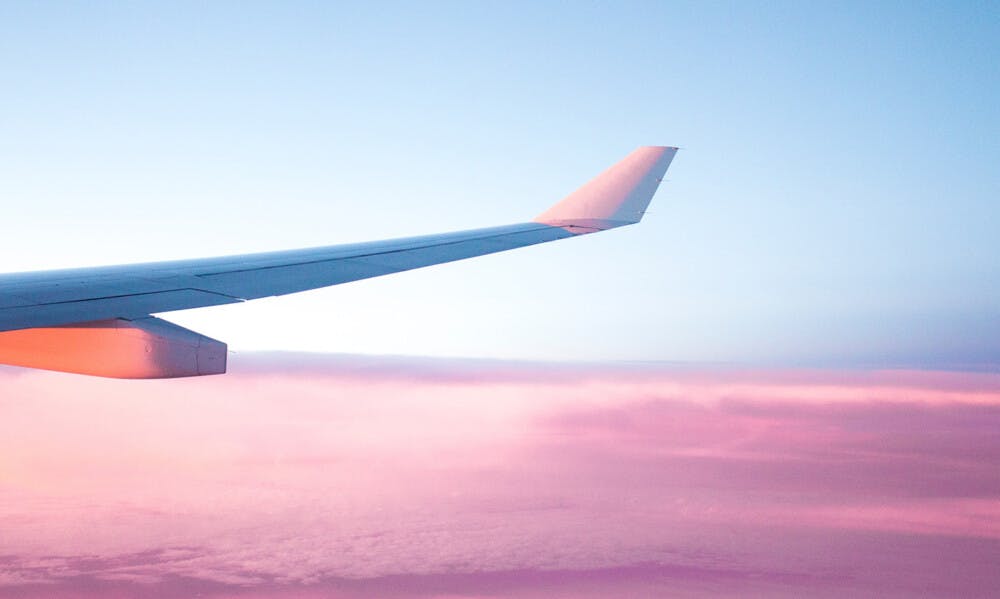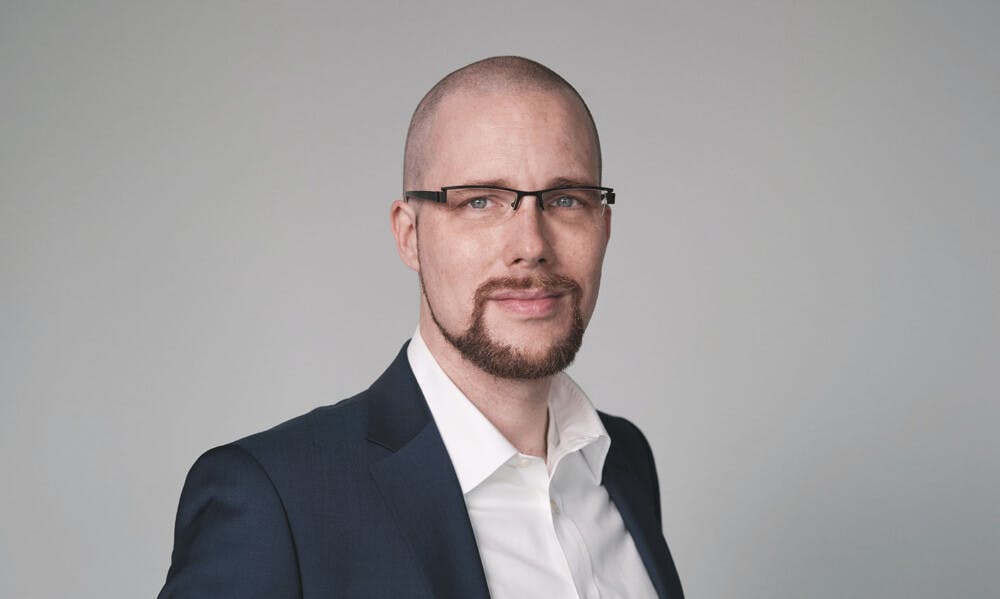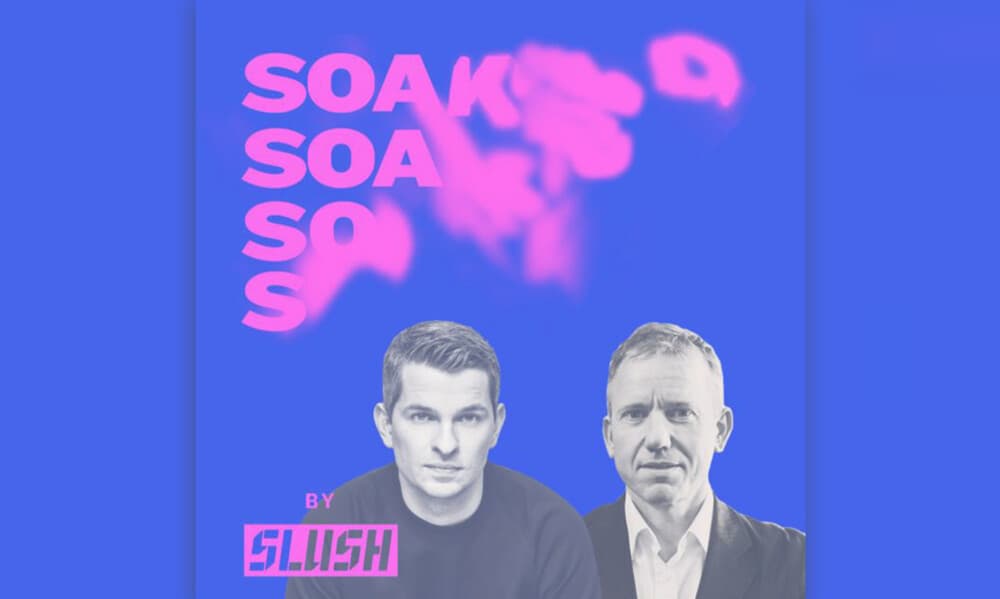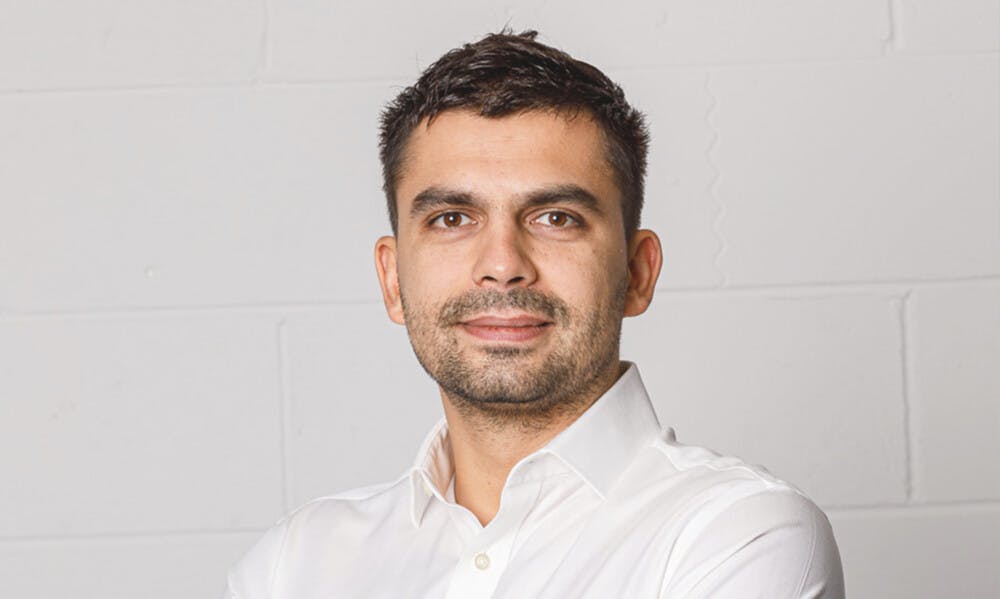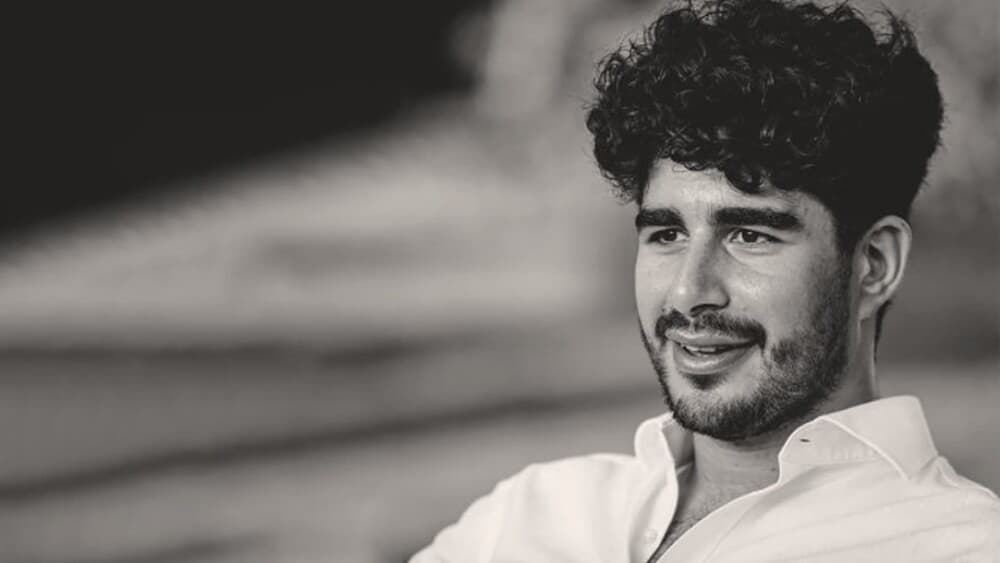Founders' Stories|
A close shave at a fair price
In 2013, an old friend and I launched Harry’s, a new brand of razors and other shaving products which has proved very attractive to consumers. It sells high quality shaving gear at much lower prices than competitors, and is now expanding into other personal care categories.
Andy Katz-Mayfield, Co-founder and CEO, HARRY’S
The company was dreamt up in October 2011, after I walked into a New York drugstore to buy razor blades and had a really frustrating experience. They were locked away in a case, which they often are in the US – other- wise they may be stolen because they are so expensive. I paid USD25 for razor blades and shaving cream, and I knew that I was being taken advantage of.
I looked at all the brands in the drugstore and at how they were being merchandised. One expensive brand showed a razor jumping over the moon to suggest that the product incorporated sophisticated technology to justify the price. This all made sense from a business standpoint, but it didn’t resonate at all for me as a consumer.
I slept on it that night and next morning rang Jeff Raider, a friend I had known for 15 years since college and had subsequently worked with. He had co-founded Warby Parker, a prescription eyewear business that undercut the industry by designing its glasses in-house and selling them at a fraction of the going price online and in stores. I shared my experience with him, and we decided to create a men’s-care brand rooted in shaving and offering great value, with high quality products delivered direct to consumers online.
I had begun my career working in management consultancy with Jeff, then worked in private equity and gone to business school at Stanford. Founding Harry’s came a few months after I had graduated from business school, even though I had no experience of retailing fast-moving consumer goods or of e-commerce.
Our design had a human touch and warmth, unlike the very expensive razors of the big two competitors with their constant redesigns
We began Harry’s in March 2013 by selling a world-class five-blade razor and shaving cream direct to consumers online at much better value prices than the big branded competitors. These are still our anchor products, but we have expanded into other men’s brands such as shaving gel, after-shave, face lotions, body wash and a suite of hair-care products. And in 2016 we started to sell them also through retailers, including Target and Walmart, the two largest US retailers, as well as many smaller speciality stores and even hotels.
The razor market is dominated by Gillette and Wilkinson, which offer limited choice of over-designed and overpriced products. Our strategy was inspired by Dieter Rams and his Braun School of industrial design to make cheaper but better products by stripping them down to their core functionality – providing great quality, but with fewer bells and whistles. Our razors were initially half the price of Gillette’s, the number one globally.
Marketing online initially had given us a direct relationship with consumers, providing them with a good experience. They felt that they were treated fairly on price and were not taken advantage of, and that created brand loyalty. Our design had a human touch and warmth, unlike the very expensive razors of the big two competitors with their constant redesigns.

When we started out to develop our razors, there were few manufacturers in the world that we could con- tract out to – the big brands controlled the manufacturing of their own razors. But we found a factory in Germany called Feintechnik which had been around for nearly a hundred years and made high-quality products. So we developed a partnership with the company and designed a razor with them to launch with Harry’s.
Feintechnik was a rather small, sleepy business, however, and we could see that we would soon outpace its capacity for growth. We also saw opportunities to make the product better, and rapid innovation would be hard if we didn’t control the whole supply chain. So when Harry’s was one year old, we decided to buy the factory and needed to raise a lot of capital. This was when Lakestar became involved with Harry’s, when our monthly revenue was just USD200,000: it contributed to the purchase of the factory for USD120 million in December 2013 and provided us with subsequent guidance on the European market.
We advertised the acquisition by saying that Harry’s combined American design and German engineering, which communicated quality to consumers. After the acquisition, it was easier to design and improve the product, and the core Harry’s brand grew rapidly. With growth in different distribution channels, we have evolved into an omnichannel retailer while continuing to increase the online business. And we have further widened our product range into hair-grooming and personal care brands.
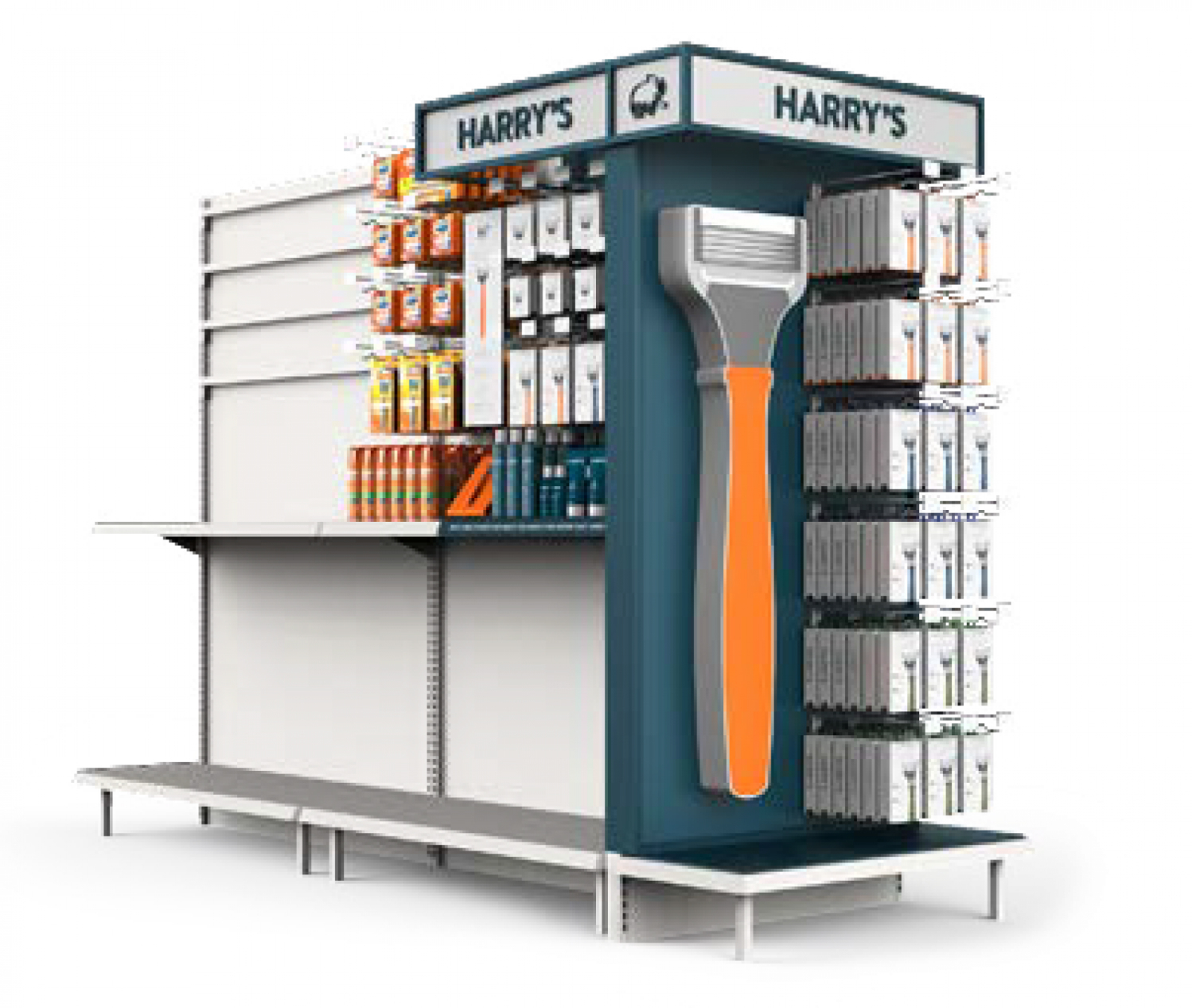
We also started exporting from the US in early 2017 by launching Harry’s in the UK. And although we’re not in a huge rush to expand everywhere, we expect to expand further in Europe in the future. We also have a vision of becoming a next generation platform for selling a wider range of packaged consumer products direct to consumers online, using the capabilities we have developed at Harry’s. These include data analytics, customer service skills, distribution and performance marketing, as well as managing supply chains, research and development, and customer relationships.
Through this platform, we hope to become a multi-brand company. We have just launched a women’s brand called Flamingo, which is also involved in hair removal as well as other bodycare products. We’re raising capital for developing this brand which will be sold on a new website called Shopflamingo.com and will address issues that interest women as consumers.
We now have more than 800 employees globally: around 300 in the US, roughly 20 in the UK and over 500 in our razor factory. Our sales were USD250 million in 2018, an increase of more than 40 per cent over 2017, and we are now profitable. There are some new competitors emerging in shaving, but it is hard for them to make an impact because of the scarcity of razor blades – supply is constrained by the lack of products. However, it is certainly a more competitive environment than before we launched.
Lakestar has continued to support Harry’s since backing the factory acquisition when it was our only European investor. It was very helpful with the acquisition in terms of advice on everything from understanding the European culture and helping navigate its ecosystem, to securing bank finance, meeting potential retail partners and recruiting talent. More recently we have been discussing an international strategy for growing the brand and Lakestar has introduced us to investors and potential partners in target markets.
This article is part of the Lakestar Briefing, a periodical publication about Lakestar's portfolio companies and our network of inspiring minds we like to work with.
Click here to subscribe

